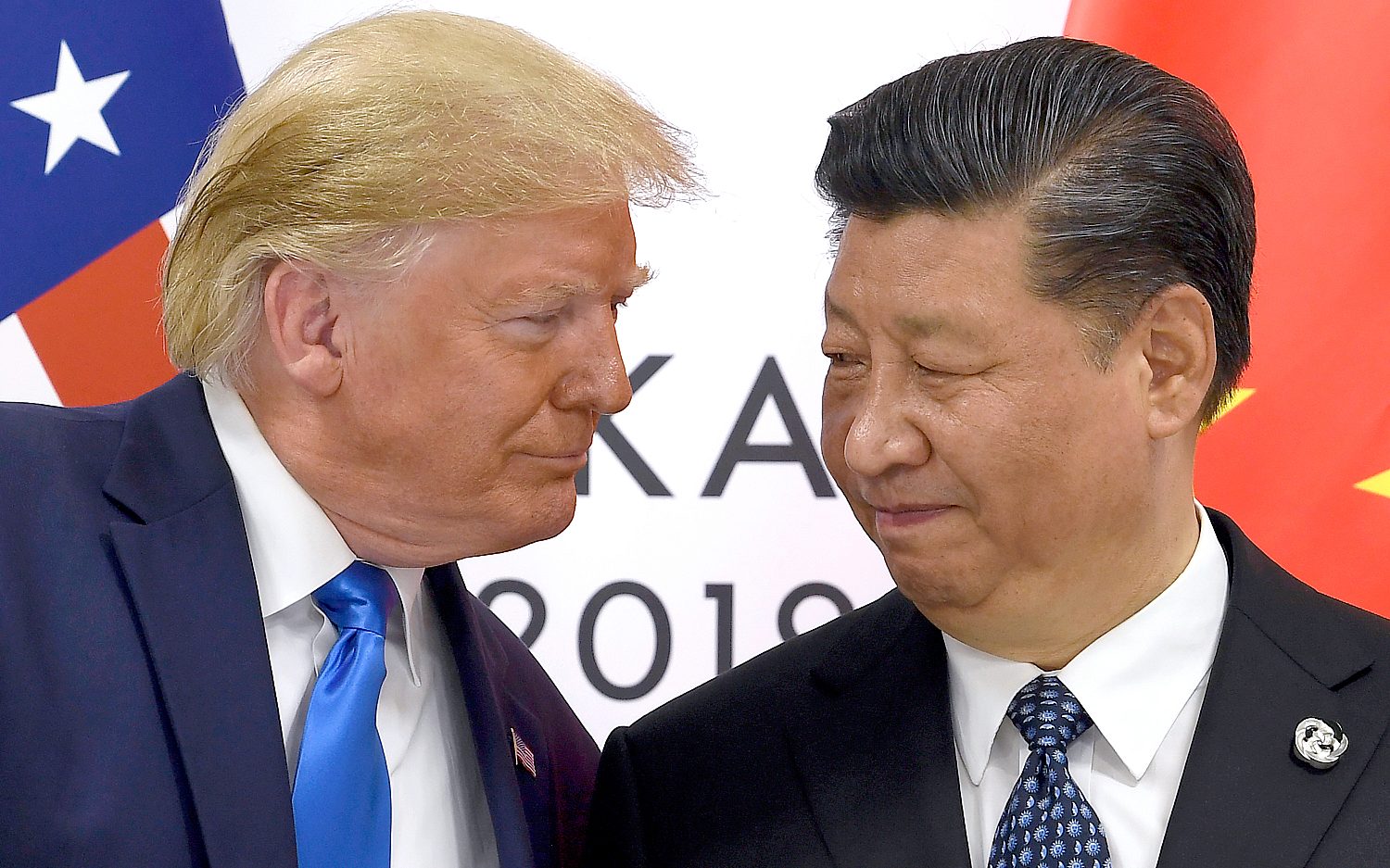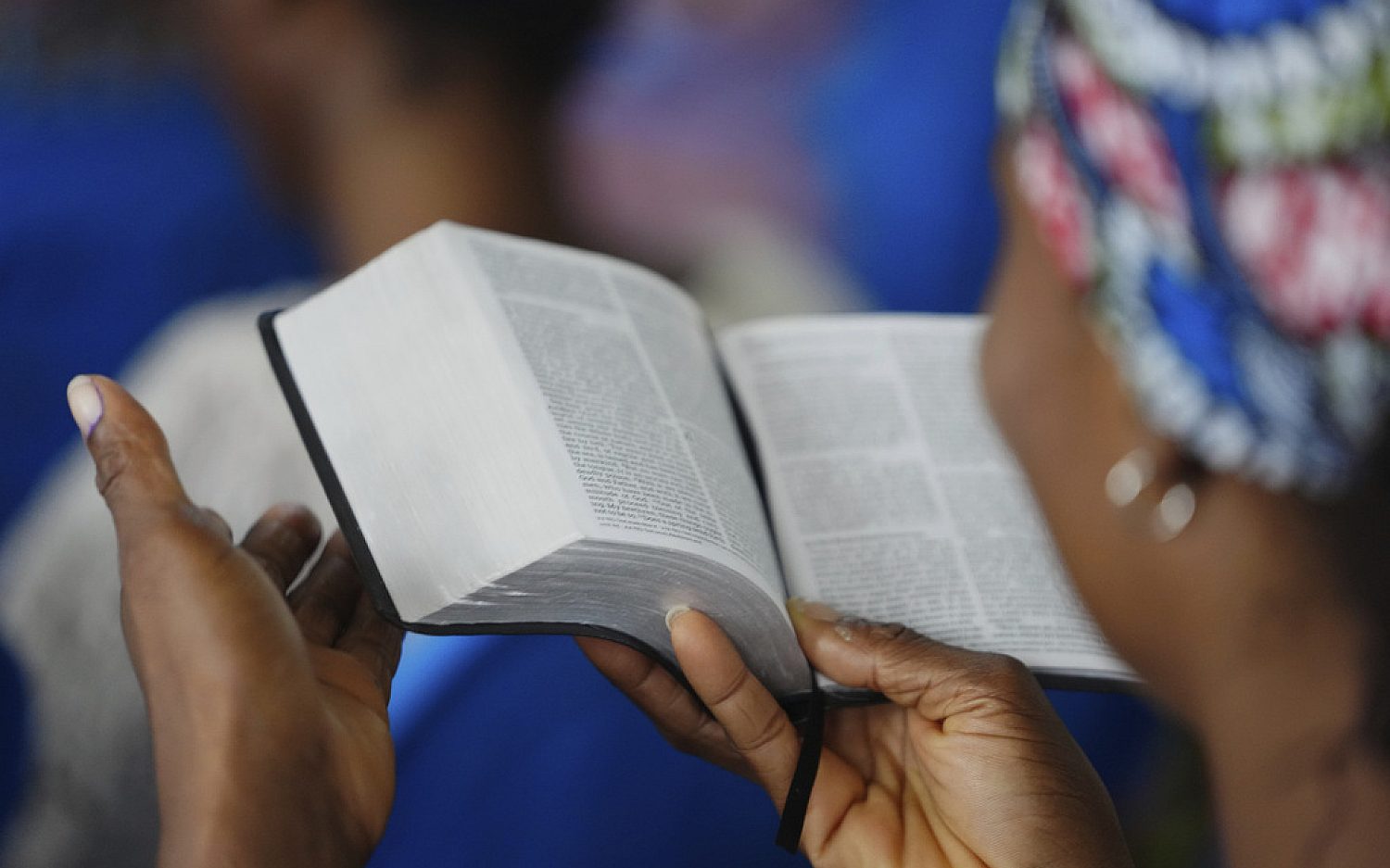Shell avoids court case over Nigeria pollution
The ruling is a loss for communities affected by multinational corporations
A London court on Thursday ruled affected Nigerian communities cannot sue Royal Dutch Shell for oil spills in the Niger Delta region. Several rights groups see the ruling as a setback in holding multinational oil companies accountable for their actions in other countries.
The court ruled the case against the Netherlands-based company should be heard in Nigeria instead and concluded the parent company has no responsibility for its Nigerian subsidiary.
The case involved two claims by more than 2,000 fishermen in southern Bille kingdom and another 40,000 people from the Ogale community in Ogoniland. The communities have witnessed multiple oil spills that have seeped into their water, making it unsafe for use. The majority of the communities rely on fishing and farming for their livelihood. The community members said they brought the case before the London High Court fearing that corruption within Nigeria’s legal system would make their case impossible.
“The evidence before the court is that access to justice in Nigeria would not be denied to the claimants if these proceedings were not to continue in London,” Justice Peter Fraser wrote in his ruling.
Leigh Day, the UK-based law firm representing the Nigerian communities, said it would appeal the ruling. The legal firm argued Shell’s parent company bears responsibility for the damages by failing to vet the actions of its Nigerian subsidiary.
In 2015, Leigh Day also brought another case before the London court in which some communities in the Niger Delta accused the company of two major oil spills. Shell settled the case out of court for more than $68 million.
“Shell is simply being asked to clean up its oil and compensate the communities it has devastated,” King Emere Okpabi of the Ogale community said in a statement. “The decision has to be appealed, not just for Ogale, but for many other people in the Niger Delta who will be shut out if this decision is allowed to stand.”
The United Nations Environment Program in 2011 documented environmental damage caused by oil spills in Ogoniland. The research concluded groundwater contamination in the community was 450 times above the legal limit. Amnesty International said it carried out a follow-up investigation in 2015 after Shell claimed it had cleaned up the areas and still found ongoing pollution in the affected communities.
Joe Westby, Amnesty International’s campaigner on business and human rights, said Royal Dutch Shell has profited from the Niger Delta region and should also be held responsible for the region’s environmental damage. Multinational corporations often hide behind the legal argument that their subsidiaries operate completely separate from them, he said.
“The ruling sets an especially dangerous precedent,” Westby said. “If it stands, then the UK courts have given free rein to multinational companies based in the UK to abuse human rights overseas.”
In another case, Nigeria’s Economic and Financial Crimes Commission obtained a court order mandating Shell and another oil company return an oil block to Nigeria’s government after acquiring it through corrupt means. Shell and Eni, an Italian multinational company, paid Nigeria $1.1 billion for the oil block off Nigeria’s coast. But the money went instead to Malabu Oil and Gas, owned by Dan Etete, a former Nigerian oil minister.
“Now Shell and Eni are finally facing consequences, companies and their investors must understand they can no longer do backdoor deals with corrupt officials without paying a hefty price,” said Simon Taylor of Global Witness, a nonprofit that works for transparency in the resources sector.
An actual newsletter worth subscribing to instead of just a collection of links. —Adam
Sign up to receive The Sift email newsletter each weekday morning for the latest headlines from WORLD’s breaking news team.





Please wait while we load the latest comments...
Comments
Please register, subscribe, or log in to comment on this article.